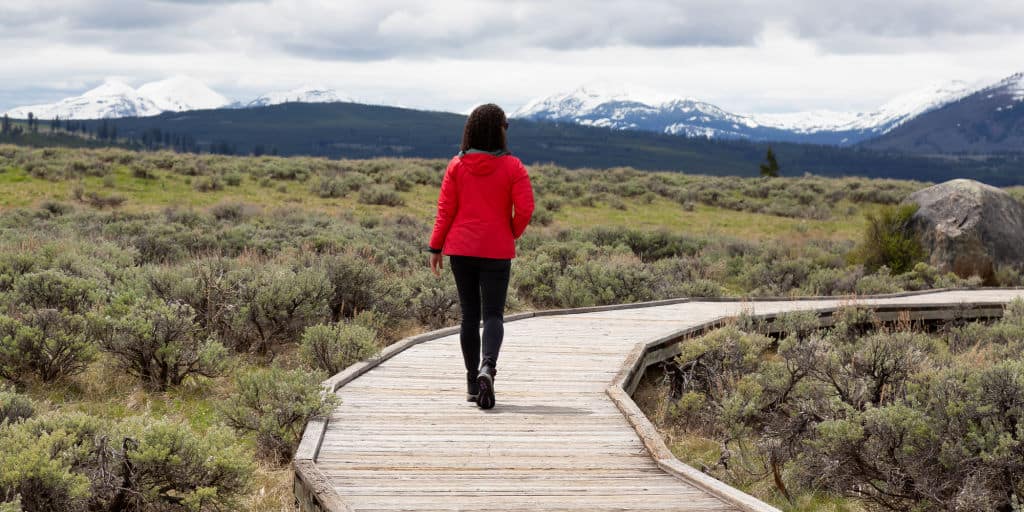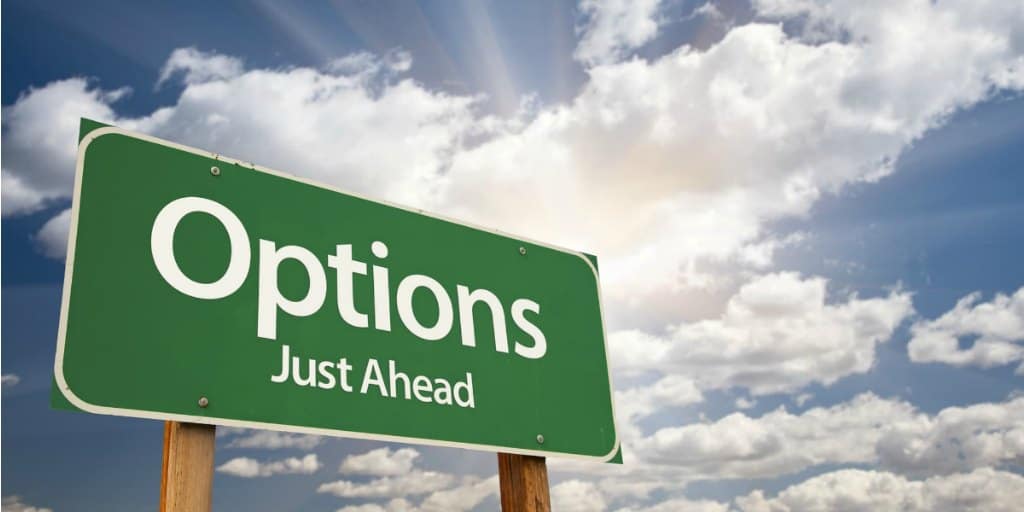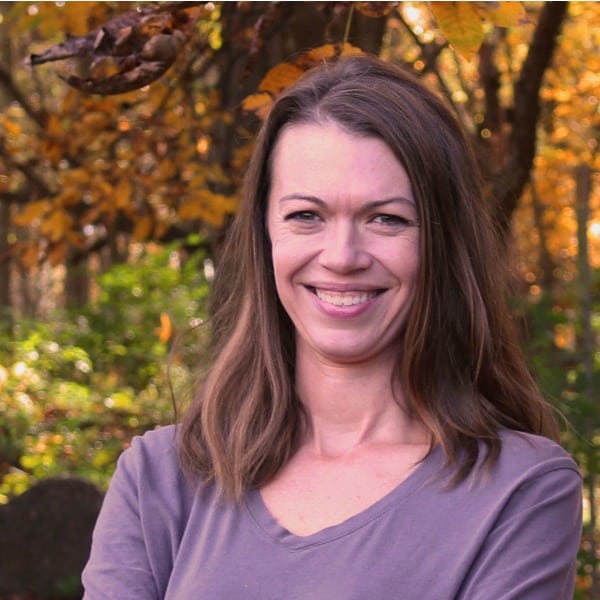How the Path to Financial Independence Changed My Life
(This page may contain affiliate links and we may earn fees from qualifying purchases at no additional cost to you. See our Disclosure for more info.)
Financial independence commonly creates an image of work-free leisure in people's golden years.
But in recent years, the concept of FIRE (Financial Independence/Retire Early) has inspired people to pursue the goal of financial independence before traditional retirement age.
Yet early retirement isn't necessarily the goal for everyone striving for financial independence (FI).
Some folks retire when they reach FI, but others continue in their careers or choose to do work they find more meaningful.
So, people of all ages, stages, and backgrounds pursue financial independence for more time freedom and options.
As a result, work becomes optional, leaving more time for relationships, focusing on health, hobbies, volunteering, and other areas of life.
Below, I share my discovery of financial independence and how the path to FI changed my life.

Discovering Financial Independence (FI)
My penchant for personal finance began after I quit my job to become a stay-at-home parent (20+ years ago).
At first, saving money was my primary goal. But as I learned more about personal finance, I realized we could do more.
We could set ourselves up for financial success or, at the very least, financial security.
We didn't have much extra money in those early years. But we started the 401(k), got term life insurance, created a will, and soon opened IRAs.
And when I read the book, Your Money or Your Life, I became intrigued by the idea of (early) Financial Independence.
To me, the time freedom that it promised was an excellent reason to make it a goal. Also, retiring before age 55 sounded pretty appealing in our 30s.
Yet I didn't anticipate how life-changing the path to financial freedom would be.
The Pursuit of Financial Independence (FI) Changed My Life
The magic doesn't suddenly happen when the FI goal is reached; it takes place just as much along the way.
FI compelled me to focus on my values.
The book Your Money or Your Life focuses on the philosophy of enough and aligning values with spending.
It inspired me to think more about my values and align them with how I spend my time and money.
At first, I even tracked how using our money lined up with our values, and we cut back on things that didn't add to our life satisfaction.
Of course, we weren't perfect, but it helped us see our time and money in a new light.
But, sometimes, I lost my way. At one point, I got caught up in the dream of FI, thinking life would be much easier once we reached that magical goal.
I was so intent on achieving money goals as soon as possible that I sacrificed family time, relaxation, and sometimes my sanity to pursue FI.
Thankfully, this stage didn't last long.
A health scare and a car accident helped me realize how precious time is. I revisited my values, reread Your Money or Your Life, and thought long and hard about regrets.
I decided I'd rather not wait until later to enjoy life or focus on the most important things.
Who knows? I might not live long enough to see our goal of FI. And if that was the case, I didn't want to sacrifice the time I have right now. It meant not reaching FI in a few short years, and that was okay.
There are tradeoffs for everything. Over the years, I've had to decide which tradeoffs I was willing to make to reach FI.
And it was my values that provided the roadmap I needed to focus on what was most important in my life.
It inspired me to learn new skills.
When I was 20, I could barely cook a frozen pizza (no joke). But, by the time I turned 25, I had learned to cook from scratch to save money on food. As a bonus, I learned to love cooking and baking.
Cooking is just one example of the skills my husband, Alan, and I have picked up over the years to save money.
It's no small thing to be able to cook from scratch, DIY home projects, and fix things that need fixing.
Some of these frugal skills paid us back over and over again – and we found hobbies we both enjoy.
It created more options (and less worry).
The pot of gold isn't just at the end of the FI rainbow. You can still get over the rainbow with some stops along the way.
Our road to financial independence has afforded us more options over the years. Since we had money saved and invested, we could make choices we might not have otherwise been able to make.
Some of these choices pushed our goal of financial independence further out. But having options made our lives better.
For instance, we took many trips with our kids as they were growing up, making memories we'll never regret. Those trips are more valuable than reaching FI a few years sooner.
Also, saving for FI helped me worry less about financial emergencies. It's reassuring that if we had a job loss or unexpected expense, we could take care of it more easily.

I realized that “work” isn't all bad.
For a couple of months, at the beginning of the COVID-19 pandemic, I didn't have any “work.” We had just moved to a new home, and I had no writing work or other projects lined up.
It wasn't pleasant. Sure, it was a scary time for everyone, a time full of uncertainty, so that didn't help. But, by not having work, I felt a bit lost. And I baked a lot.
Soon, I started getting back to writing projects. Then, I started doing some physical work in the woods behind our house. I built a bench and worked on other small projects.
Sometimes it was hard work. Sometimes I enjoyed it, but other times I didn't. But I discovered how much I need “work.”
It gives me purpose and helps provide that bit of tension I need to enjoy my free time even more. And the great thing about FI is I can (mostly) choose my work.
I came to terms with uncertainty.
In the thick of working toward financial independence, my focus was that final FI number. And I thought once we “arrived” at our goal, it would be an easy decision for Alan to quit work.
But I was wrong.
When the time came, it felt stressful and scary. I had a gazillion concerns about uncertainty, even though we had a plan and had been working toward it for years.
Ultimately, Alan ended up working part-time at the company he's been at for over 25 years. So, that alleviated much of the uncertainty.
Yet much to my surprise, it still creeps in.
I bought into the message that we need to save more, make more, learn more, and produce more – to get to the life we want. More, more, more to crush the uncertainty.
But having more isn't always the answer. Because no matter how much you have, you could always lose it.
I decided I needed to accept there's never 100% certainty (with anything in life). Security isn't guaranteed.
The only way to deal with it is to accept that life is uncertain by its very nature. So we might as well do what we can and let the rest go.
I've learned to be okay with not knowing, accept what is, and take action on things I can control.
I learned FI itself doesn't completely change your life.
But the path toward financial independence might.
You'll be the same person after FI as you were before FI. You might have more time freedom, and options. But life doesn't suddenly become more exciting, satisfying, or easy.
So many of life's same problems come up.
That's not to say that having more money doesn't help make positive changes or address some problems. Still, money can't solve everything.
Once I better understood this, I started to experience the journey with more joy and gratitude. I could focus more on the moment, my values, relationships, and health.
Yet being content with enough is a constant (and very human) struggle. It's tough to stop moving the goalposts and wanting more.
So, I still set meaningful goals and work toward them.
And I try not to forget that the striving, the work itself, is enjoyable even if it doesn't always seem that way at the moment.
It's about more than money.
At face value, financial independence is all about the numbers—budgeting, frugality, saving, investing, etc.
Indeed, the financial side is essential; more money gives us more options and time freedom.
Still, what I've learned on our path to financial independence goes beyond a money goal.
I can't quantify how pursuing FI altered my life trajectory (and that of my family). But I can say it was and still is a life-changing journey that continues to enhance our lives.
Next: Love Thy Self: Practice Financial Self-Care

Article written by Amanda
Amanda is a team member of Women Who Money and the founder and blogger behind Why We Money. She enjoys writing about happiness, values, money, and real estate.
